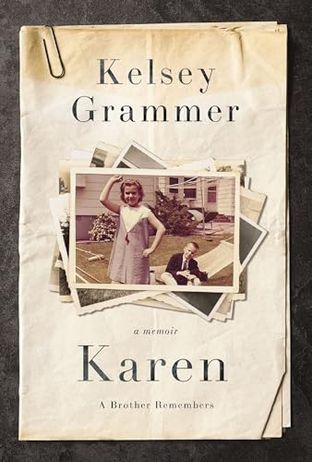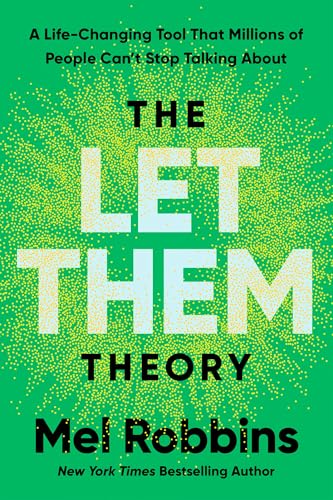Review of Karen
by Johny McFliggen, PhD Literature & Business, Oxford
Ah, the curious case of the phantom tome "Karen" by Kelsey Grammer—an intriguing quagmire in the literary landscape if ever there was one. If we could imagine such a book's existence, it would potentially offer a riveting exploration into the harrowing depths of personal tragedy through the lens of an actor known for his comedic timing and sophisticated wit. Yet, like a mirage in a desert of reality, this work tantalizingly eludes our grasp.
Were it to exist, I would expect "Karen" to weave a narrative with the complexity of a Dickensian plot, yet with the poignant levity we have come to associate with Grammer's most famous alter ego, Dr. Frasier Crane. The premise—a recounting of the tragic murder of Grammer's sister—would undoubtedly demand a delicate balance between raw emotional vulnerability and the detached, analytical perspective one might find in Truman Capote's "In Cold Blood."
In a hypothetical parallel universe where "Karen" graces our shelves, it might stand shoulder to shoulder with Joan Didion's "The Year of Magical Thinking," offering a meditative exploration on grief and loss that transcends the typical celebrity memoir. One could imagine Grammer employing his Shakespearean training to dissect the tragedy with a Hamlet-like introspection, while simultaneously filtering it through the acerbic yet compassionate perspective that endeared him to millions as Frasier.
Such a work, if it were real, would likely eschew the sensationalism often found in the memoirs of those whose lives intersect with crime and tragedy. Instead, it might present a narrative as nuanced as Gillian Flynn's "Sharp Objects," though grounded in the stark reality of non-fiction. The interplay of memory and narrative could mirror that seen in Patrick Radden Keefe's "Say Nothing," where the personal becomes political and every story is layered with the complexities of truth.
Alas, this review of a non-existent book is an exercise in speculative contemplation—a Borges-like labyrinth of literary potential. Should "Karen" ever materialize in our reality, it would be fascinating to see how Kelsey Grammer navigates the delicate territory between personal memoir and universal human experience. Until then, we can only ponder what such a narrative might reveal about the man behind Frasier Crane and the sister who shaped his world.
Purchase Link: Karen on Amazon



